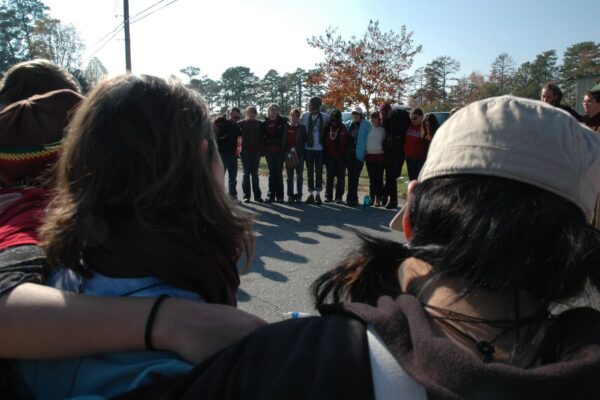Il Bo, the online magazine of the University of Padua in Italy, turned to Richard Flory to understand what to make of the falling religious participation of American Millennials.
Although Google Translate isn’t perfect, we turned to it to bring you Flory’s comments.
In the piece, Flory warned against jumping to conclusions about the disaffiliation of Millennials being correlated individualism. “If it is true that individualism is increased, this is not necessarily at the expense of everything else,” he said. “What we see is that young people are looking for alternatives. And they want to find new ways to be of service to others.”
“The number of young adults who say they are ‘not religious’ has certainly increased. And if you add those who say they have a religious identity, but who do not practice, you come to more than half of the total,” Flory said. “We are faced with a huge number, which in reality is not necessarily a transition to secularism pure and simple.”
Atheists and agnostics remain a minority, and most non-affiliated young people do not have a negative view of religion. “In terms of religious practice they prefer a more active and participatory rather than the traditional static where you go to church and then return home,” Flory said. “Given the increasingly connected world in which they live, they made the Internet and social media, they are also aware of the many opportunities that exist and then aspire to do different things depending on the moment.”
“Kids today want to make a difference and want to build, for themselves and for others, a sense of community,” Flory said. “So you see them working together – the devotees and unaffiliated – the same project that motivates them and makes them converge, without mentioning more abstract issues related to faith.”
Click here to read the full translation.
(Note, if you click through: In the 6th paragraph, “chi non ha un’idea negativa della religione” should be translated as “that they don’t have a negative view of religion.”)








